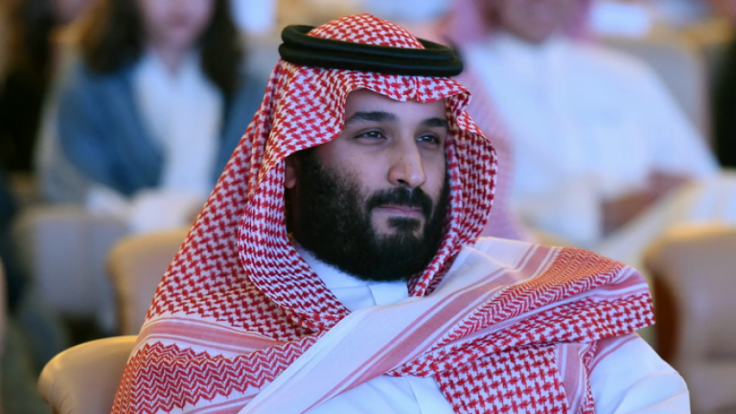Suadi Arabia has discovered enough amount of uranium for potentially starting a nuclear weapons program, according to reports. The geologists have identified reserves that can produce more than 90,000 tonnes of uranium from three deposits in the center and north-west of the nation, as per a Chinese survey.
Further exploration is still needed to verify the quantities. The report got put together by the Beijing Research Institute of Uranium Geology (BRIUG), the China National Nuclear Corporation (CNNC), the Saudi Geological Survey, and was reported by The Guardian.
Saudi Arabia Can Start Nuclear Weapons Program

Professor Kip Jeffrey, who is the head of Camborne school of mines at the University of Exeter, stated that the uranium will be in excess of what some power plants require. Mark Hibbs, a senior fellow in the nuclear policy program at the Carnegie Endowment for Peace, said, "If you are considering nuclear weapons development, the more indigenous your nuclear program is, the better. In some cases, foreign suppliers of uranium will require peaceful-use commitments from end-users, so if your uranium is indigenous, you don't have to be concerned about that constraint," as reported by The Guardian.
China started prospecting work in the country in 2017, as part of a nuclear energy cooperation agreement and got over with it at the end of last year. One of the probable uranium reserves appears to be nearby the city of Neom. The crown prince Mohammad bin Salman had earlier warned Saudi Arabia is going to develop nukes if regional rival Iran did the same. This week, another report claimed that The International Atomic Agency (IAEA) is working with a China-linked institute for developing uranium for Saudi Arabia.
The IAEA published a report showing that it is helping the kingdom for making nuclear fuel, as reported by Bloomberg. The director-general of IAEA Rafael Mariano Grossi said, "It's very important that the agency is present and is engaged with any country that wants to perform any activity related to the nuclear fuel cycle." The UN nuclear watchdog's inspectors are however not allowed inside the country.









